March 16, 2020. COVID-19 had finally arrived in Minnesota, and Mountain Lake High School had its last day of the school year. That night, I sat at my kitchen table and cried. No, I wasn’t scared of the virus. No, I wasn’t devastated or even really aware of how long it would be until I saw my friends again.
I couldn’t believe my dad was going to use these “two weeks” off of school to make me work on the farm. I despised working on the farm. This outpouring of desperate emotion was the result of resentment for the farm I had built up ever since I was born.
I lived in the same house my entire life. Two and a half miles outside of Butterfield, home to about 600 residents and 10 minutes from my high school with a graduating class of 40. All I knew was dirt roads, a big backyard and every single one of my classmates’ names. I’d never imagined what it would be like to drive less than an hour to Target or on a road with more than two lanes.
Some of my earliest memories are of running around my grandparents’ yard, literally a country mile from my house, where my dad raised pigs and grew corn and soybeans. As I got old enough — about 5 — this running around turned into simple farm tasks to help my dad and grandpa. Ask me about the first time I found out what an electric fence feels like.
Soon, my dad made the decision that my brother and I would begin learning “real farming” by buying us day-old chickens and teaching us how to grow them and sell them for meat. This was the story of many of my summers throughout my elementary and middle school years, along with rock picking and more pig tasks — pitching huts is the worst. At the time, I loved the money I got at the end of each summer from selling our chickens. When I first held 100 whole dollars in my hand, I felt like the richest 8-year-old alive. I could finally buy the LEGO Darth Maul’s Sith Infiltrator I had been eyeing. But that was difficult for me to focus on when I was getting up before the sun to feed the chickens, cleaning all their poop out of the water and getting scolded when my dad found out I skipped chores.
Monday morning, 7 a.m.: scoop the feed, fill the water, clean the poop.
Tuesday morning, 7 a.m.: scoop the feed, fill the water, clean the poop.
Wednesday morning, 7 a.m.: scoop the feed, fill the water, clean the poop.
You couldn’t change my mind. I hated my farm.
Then, as I started high school, my dad offered to replace our chickens with beef cattle. My annual profit would increase to upward of $2,000 an animal, but frankly, my honest answer was no. My older brother said yes, however, and I was not about to let him make more money than me, so I really didn’t have much of a choice. Cattle were more work. We raised them from April to February, so now I had to deal with chores during the school year. No matter the December and January temperatures, “the boys,” as I came to call them, had to eat. Many of my winter mornings were spent literally shaking in my boots as I waited for the big water tank to fill up and questioned my entire existence as I discovered the hose had frozen, so I had to pour water into the tank from buckets.
Every morning, 6:17 a.m.: bundle up, dump anywhere from two to nine 30-pound buckets of feed into a trough and, as always, fill the water.
Every evening after basketball practice: repeat.
I maintained these responsibilities on top of more farm jobs as I became a more consistent farmhand each summer. Now I was power-washing barns once a month (always keep your mouth closed) and fighting my sleep-deprived eyes every morning as I navigated our fields looking for any rocks bigger than my fist.
Up the rows and down the rows and up the rows and down the rows and up and down and up and down.
None of this was easy. It’s not the most fun way to grow up. I lacked what I felt was enough sleep and rarely saw my friends during summer.
But when COVID hit, I resented it more than I ever had. I was working full-time for the first time. You mean I have to work every single day for the rest of my life? What sense of accomplishment can be gained when you just have to wake up and do more of it tomorrow?
There will always be 250-pound pigs to battle. There will always be weeds to pull.
Farm work is never fully done. Ask my dad any day of the week and he will, without fail, tell you that he’s behind on everything he wants to get done, and he’s not the only farmer who would say that.
As COVID spring turned into summer, something changed. On the days when I wasn’t working, I felt more tired than when I did work. I felt less happy when I was sitting in my basement playing Madden on my days off than I did when I was changing tires on gravity wagons. I had grown so used to doing quality hard work that my life began to feel empty when I didn’t have it.
Now, I have been at college for seven months and — get this — plan to work on the farm for my fifth consecutive full summer.
I’ve met people from Fridley, Coon Rapids, Spring Lake Park and Anoka – suburbs I didn’t know existed until I came to Bethel. Many of them have never seen a pig or a cow closer than driving past them on the highway. They grew up exactly how I always wanted to grow up when I was in middle school. They got to sleep as late as they wanted in the summers. Their only worry on any given Tuesday morning was the debate between Cap’n Crunch cereal or Eggo waffles. Their only battle immediately after waking up on a Wednesday in October was whether to wear jeans or sweatpants.
And yet, I haven’t felt a single ounce of envy for them.
Growing up on a farm taught me that, while different, my childhood was worth it. My unique morning battles with 900-pound angus cattle made me who I am. I got the greatest opportunity to experience hard, physical work. And hard work, while never fully completed, feels good.
God created humans to use our bodies, hands and minds to glorify him, and for a large portion of my life, I couldn’t figure that out. But now, being at college and having conversations with others that grew up differently from me has shown me how fortunate I was to learn to finish any task I have committed myself to, the benefits of getting my hands dirty and how baby pigs are made.
This journey made it possible for me to realize that I love my farm.

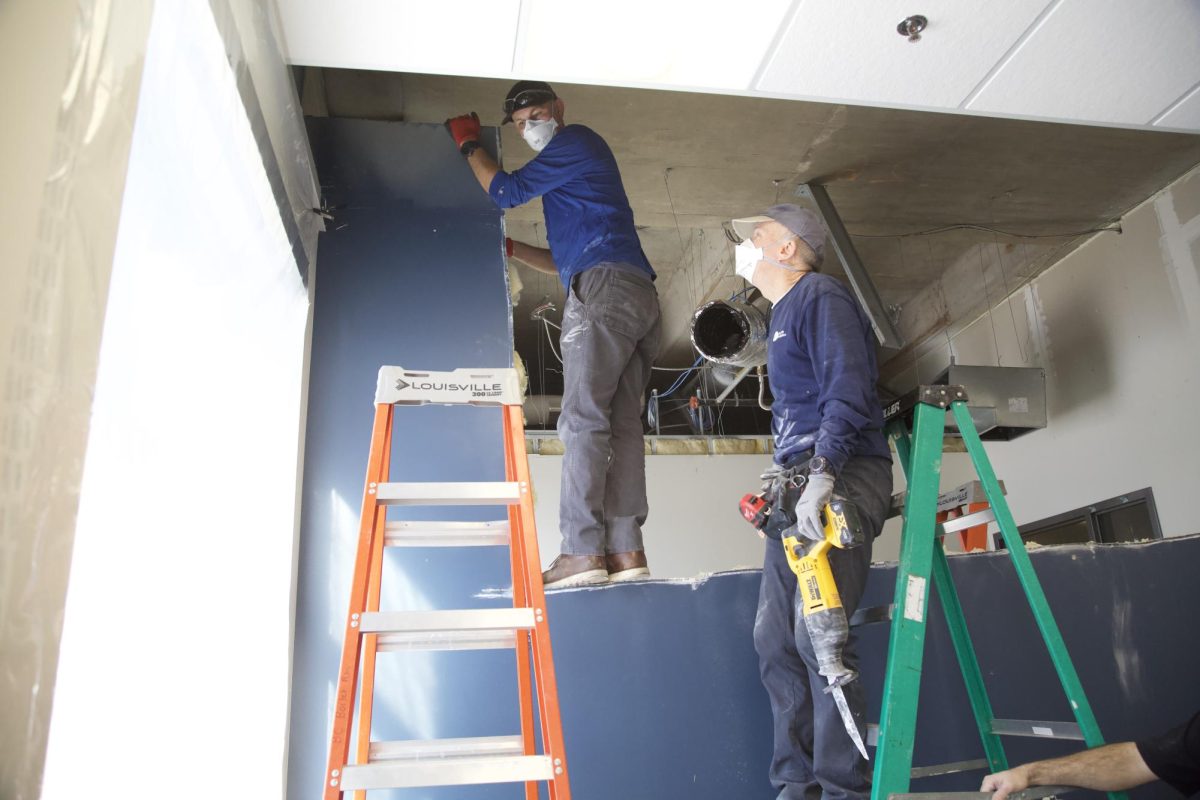



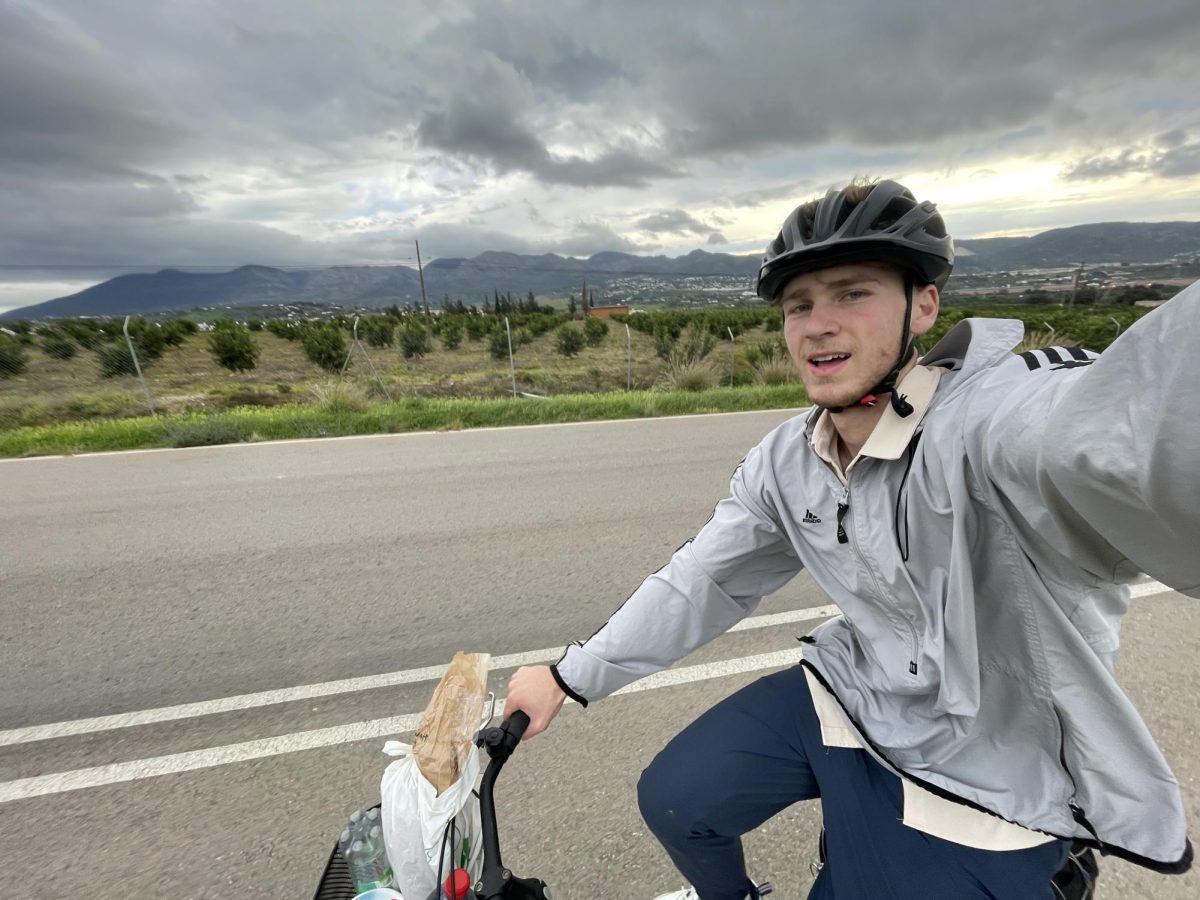
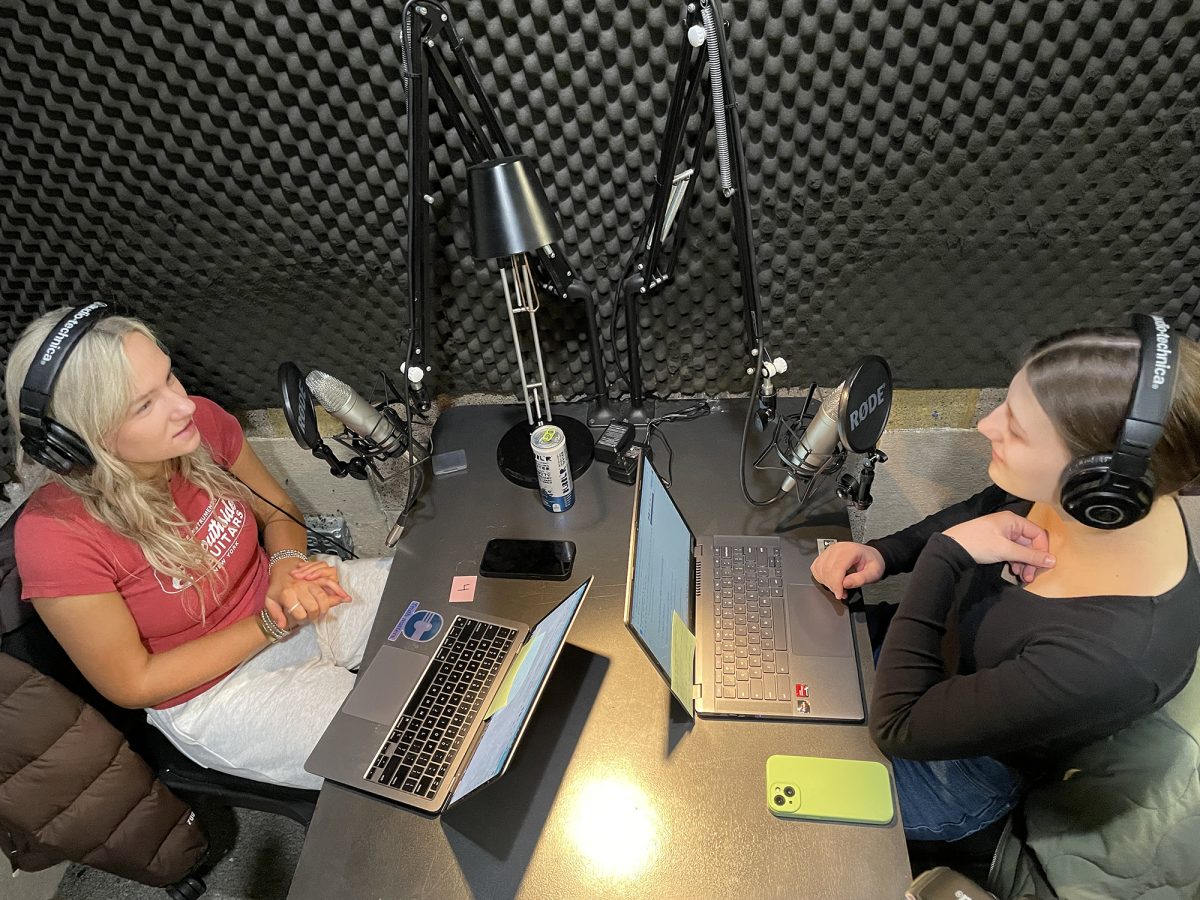
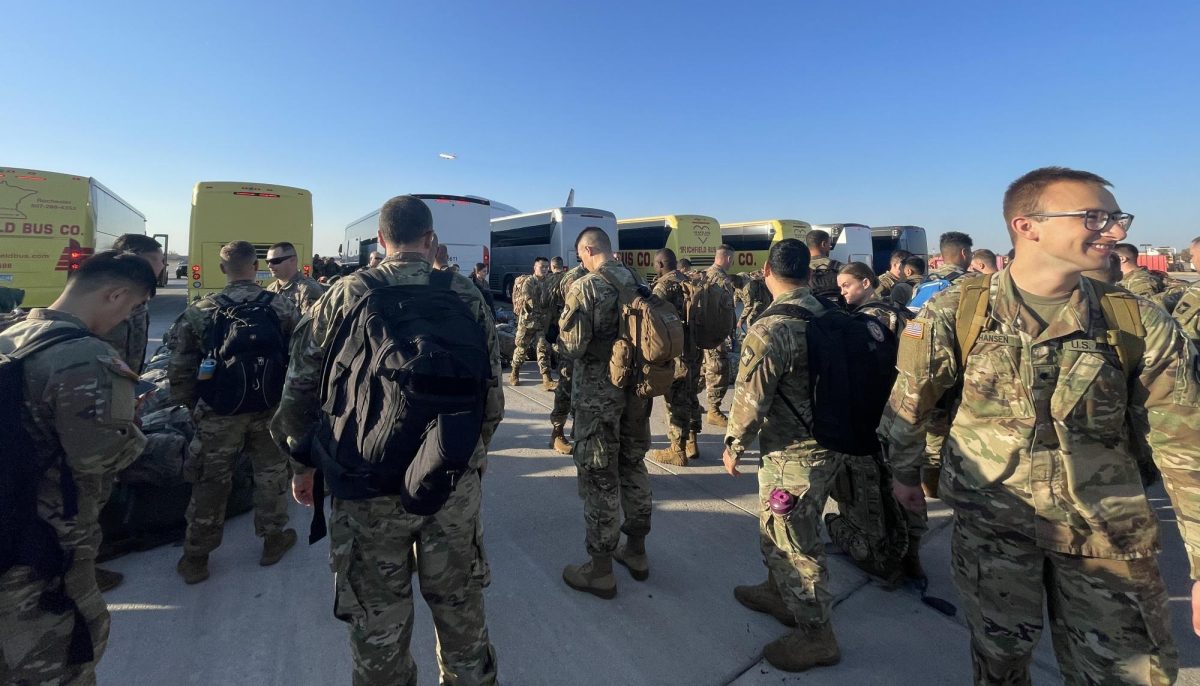


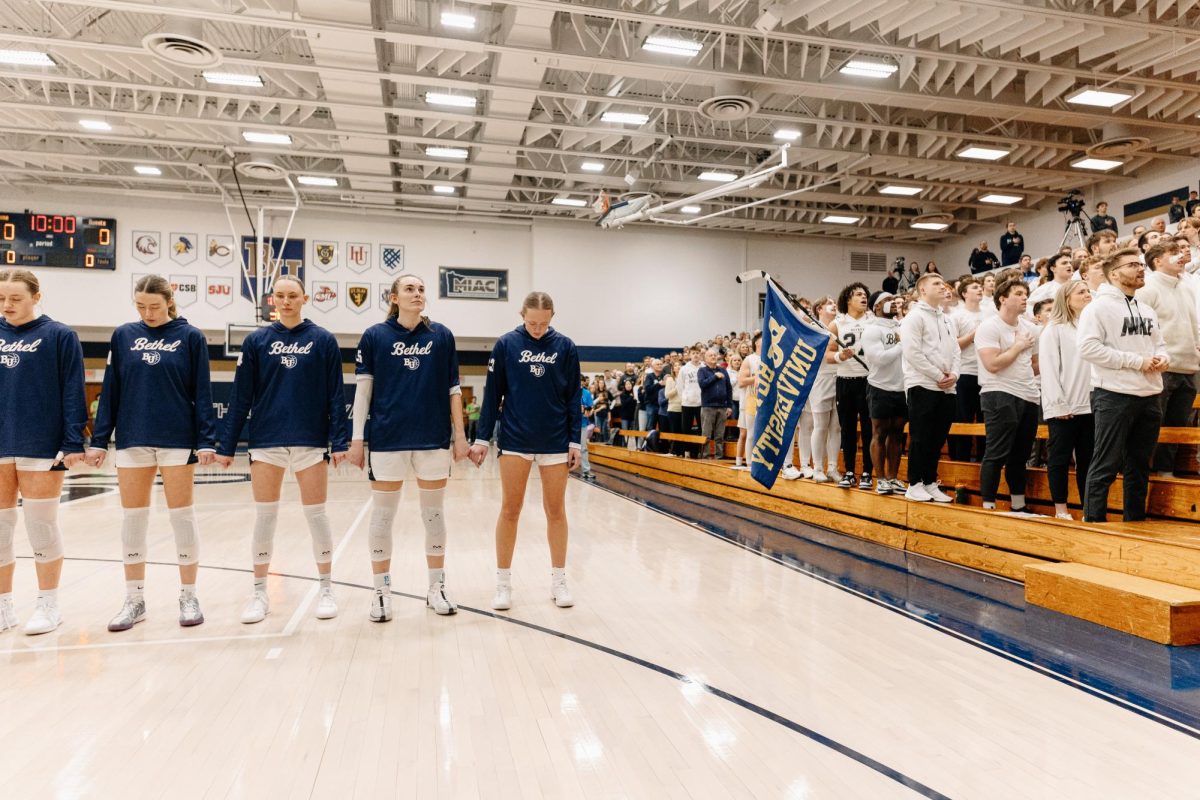

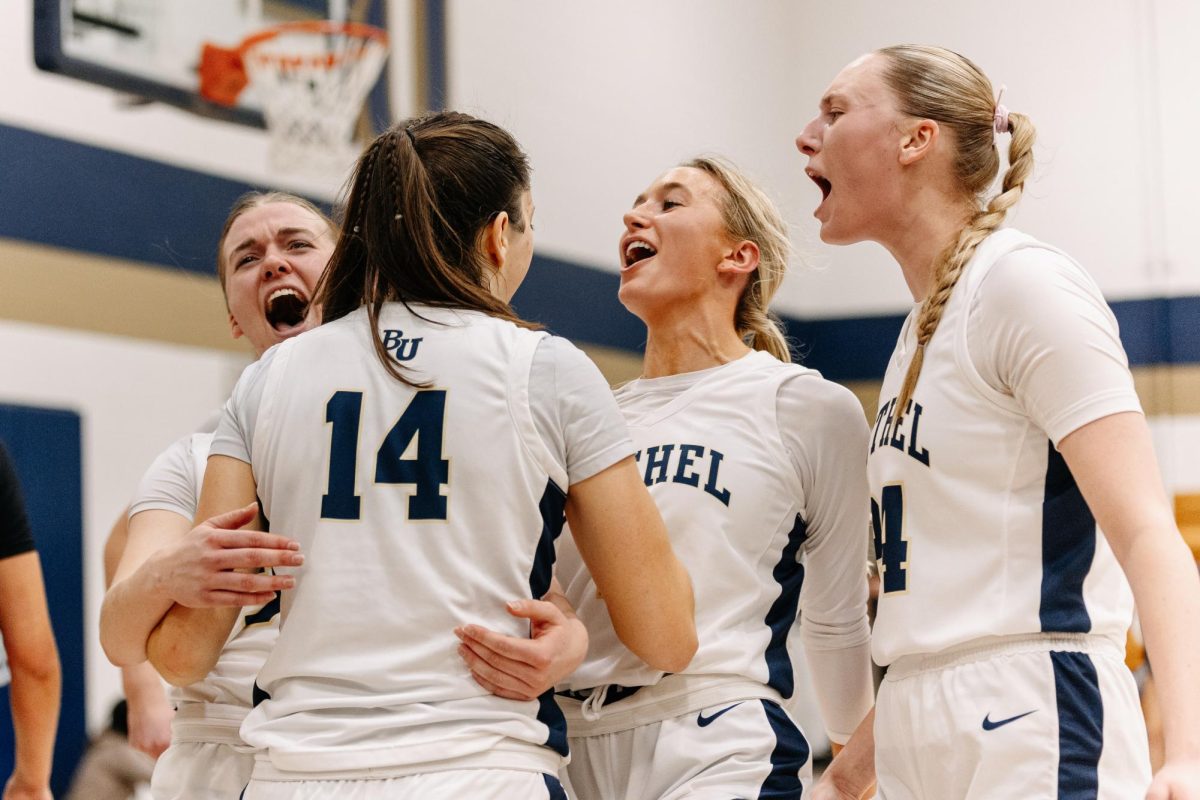







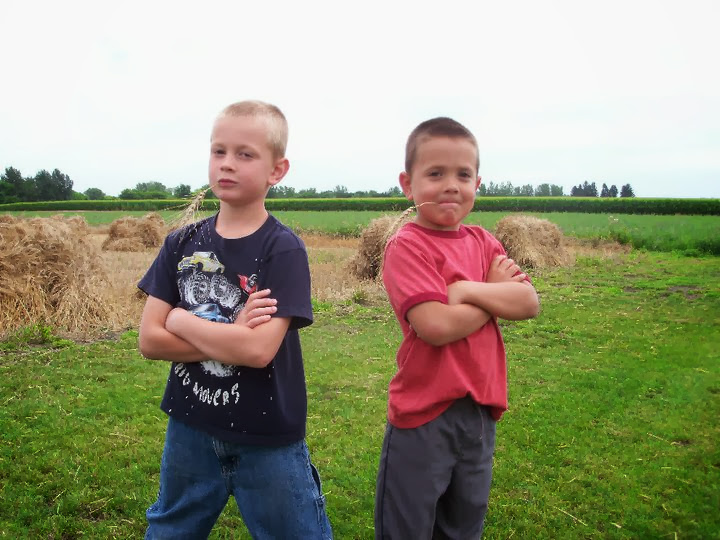

caron easley • Apr 5, 2024 at 2:03 pm
excellent essay.
Joyce West • Apr 5, 2024 at 8:07 am
Your experiences were rough, the fact that you learned from them is wonderful, the fact that you can write about them so eloquently all adds up to the blessings of knowing and trusting our Lord and Savior!
Dennis Herman • Apr 5, 2024 at 6:51 am
On Discipline:
Exodus 18: 11
For the moment all discipline seems painful rather than pleasant, but later it yields the peaceful fruit of righteousness to this who have been trained by it.
Mike Nelson • Apr 5, 2024 at 6:45 am
Great article! I was tearing up reading it. Keep up the hard work!
Dennis Herman • Apr 5, 2024 at 5:28 am
I didn’t realize how similar our lives have been. Thanks for sharing.
Love,
Grandpa Herman